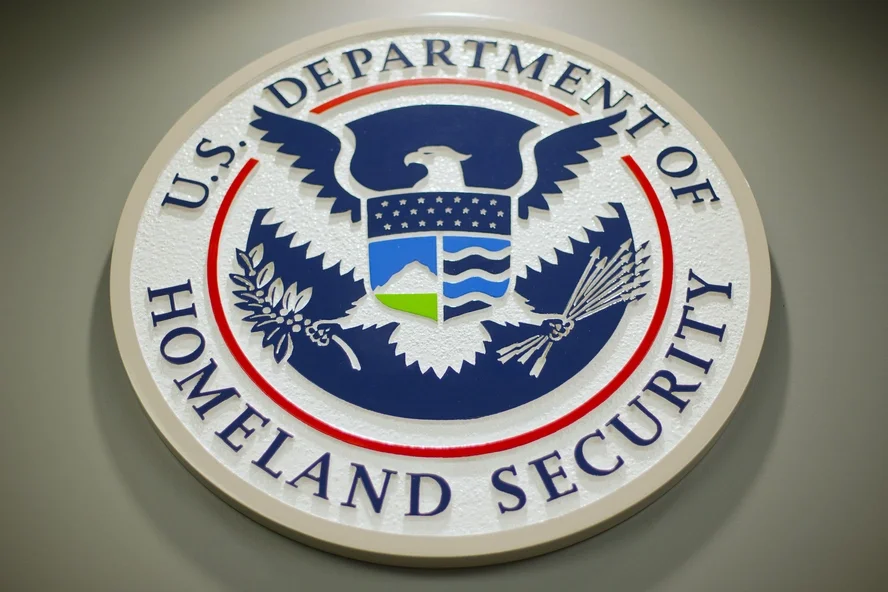The United States is scheduled to discontinue the temporary protected status (TPS) previously granted to nationals of South Sudan.
This protection has, for years, allowed individuals from the East African country to reside legally in the U.S., thereby escaping armed conflict in their homeland.
The Department of Homeland Security announced that the termination will become effective on January 5. Following discussions with interagency partners, Secretary of Homeland Security Kristi Noem made a determination.
She concluded that conditions in South Sudan no longer fulfill the statutory requirements for TPS designation.
New Policy and Incentives for Departure
The announcement deals a blow to people from South Sudan. The nation remains politically unstable and continues to generate a large number of refugees seeking shelter abroad.
TPS termination will accompany a unique incentive program. South Sudanese nationals who utilize the Customs and Border Protection mobile application to report their departure may qualify for several benefits. These include a complimentary plane ticket, a $1,000 exit bonus, and potential opportunities for future legal immigration.
Deportation Controversy and Local Reaction
Edmund Yakani, a prominent civic leader in South Sudan, suggested the decision may signal underlying diplomatic tensions. He stated the action might be “a clear demonstration that South Sudan is no longer cooperating with the US on matters of deportation of foreign nationals.”
Yakani noted that South Sudan has previously refused to accept a second phase of U.S. deportees. He speculated that this refusal may have angered the Trump administration. He believes the administration made the decision to end protections for those who had fled the war as a result. Earlier in the year, at least eight men were deported from the U.S. to South Sudan as part of a migrant repatriation program.
South Sudan has held the designation for temporary protected status since 2011, the year it gained independence from Sudan. The designation is typically renewed in 18-month intervals.
The Trump administration has actively moved to withdraw several such protections, including those previously granted to hundreds of thousands of individuals from Venezuela and Haiti.
Ongoing Conflict and Humanitarian Crisis
The government of South Sudan continues to struggle to provide many of the basic services expected of a state. Years of conflict have made the country heavily dependent on international aid. However, this aid has been significantly reduced due to sweeping cuts in foreign assistance implemented by the Trump administration.
Years of conflict have left many South Sudanese citizens facing severe hunger. A recent hunger monitoring report indicated that parts of conflict-hit South Sudan are deteriorating toward famine conditions.
A peace agreement was put in place in 2018. This deal was meant to end fighting between forces loyal to President Salva Kiir and his former deputy Riek Machar. However, observers suggest the deal is slowly unraveling. This comes after Machar was arrested earlier this year on criminal charges, including treason, ordered by President Kiir.
US Lawmaker Slams China: “Will Not Dictate Our Foreign Policy”




















